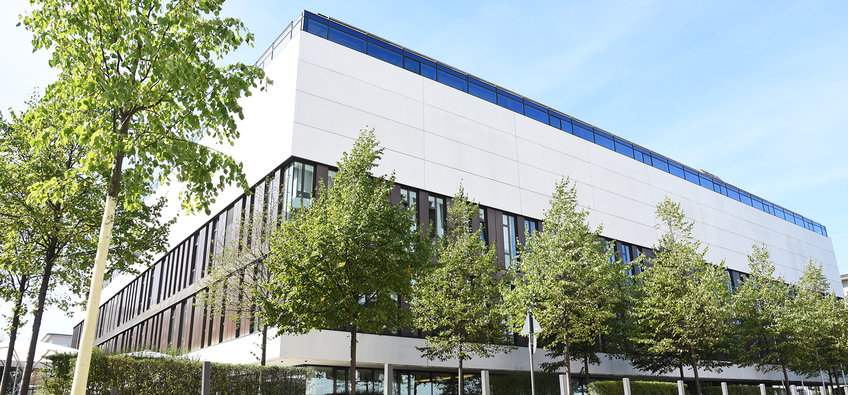
Max Planck Institute for Biology of Ageing
All humans age – just like almost all other living organisms. One reason is that the genetic material, the DNA, is increasingly damaged over time in every cell. Scientists at the Max Planck Institute for the Biology of Ageing study how cells age during their lifetime and examine which genes and environmental factors are involved in the process.
The scientists employ molecular-biological and genetic techniques to explain the fundamental processes on the basis of model organisms, such as mice, fruit flies and threadworms. These animals are particularly suitable as their genomes are well understood and they have a relatively short life expectancy. It is known, for instance, that the life expectancy of a threadworm is influenced by around 100 genes and that insulin signal transduction is involved in the ageing of its cells. Researchers are certain that similar processes also influence ageing and life span in human beings. In the long-term, basic research is expected to contribute to people being able to enjoy longer and healthier lives.
Contact
Joseph-Stelzmann-Str. 9b50931 Köln
Phone: +49 221 37970-0
Fax: +49 221 37970-800
PhD opportunities
This institute has an International Max Planck Research School (IMPRS):
IMPRS on AgeingIn addition, there is the possibility of individual doctoral research. Please contact the directors or research group leaders at the Institute.







